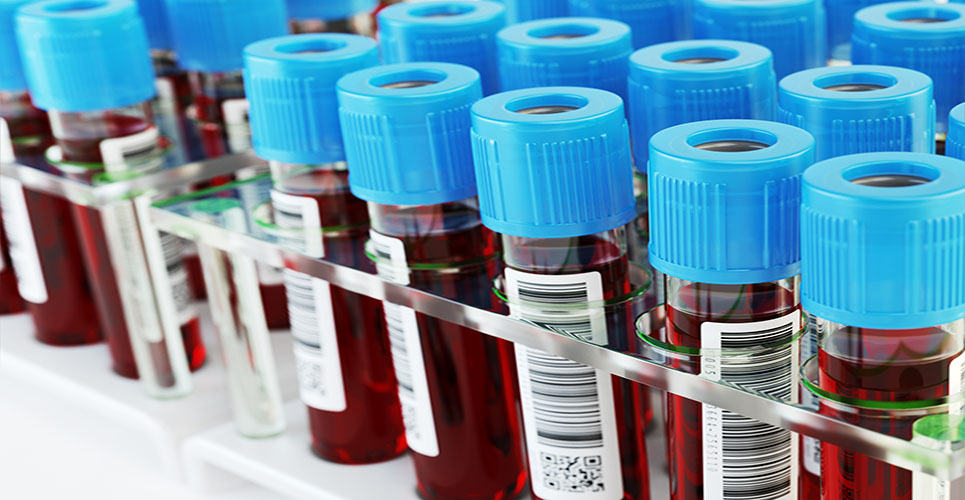Attendees at the 19th Congress of the European Hematology Association will hear how patients are benefiting from advances in gene therapy, genome sequencing and new drug development.
Attendees at the 19th Congress of the European Hematology Association will hear how patients are benefiting from advances in gene therapy, genome sequencing and new drug development.
It is now possible with gene therapy for patients with haemophilia to be free from severe bleeding in remarkable work that originated in animal studies. Data about patients who remain free from the need for preventative injections for 2 years will be presented at the Congress.
The understanding of how gene therapy technology might be applied to treat patients with other inherited diseases will also be discussed. Inherited bleeding tendency (haemophilia) can have devastating effects on the lives of patients and, if uncontrolled, can be life-threatening. Children and adults must receive injections of clotting factor proteins to prevent severe bleeding episodes, which in the long term may deform joints resulting in significant physical disability.
Through collaborative global efforts, over 140 new genes have been identified that are important for the formation of red cells and platelets. These are likely to improve our understanding of a wide range of conditions, including very rare bleeding disorders due to defects involving platelets. How knowledge of these genes will become integrated into clinical practice to benefit patients will be discussed.
Blood that is too thick can lead to an excessive tendency to clot formation, particularly in veins in the legs and lungs, and can also lead to strokes. Patients have been treated with oral anti-clotting drugs (anti-coagulants) that require long-term monitoring and can be affected by food and other medications. This can result in frequent disruption to the lives of patients.
Novel oral anti-coagulants (NOACs) are now available that do not require frequent long-term monitoring, and may also be safer. Results of clinical trials will be presented that help guide the selection of patient groups which may benefit from this true advance in patient care.
The European Hematology Association will be held 12–15 June 2014 in Milan, Italy. Registration for members of the press is free. To receive a personal link for the online registration, please send an e-mail with credentials ([email protected]).

